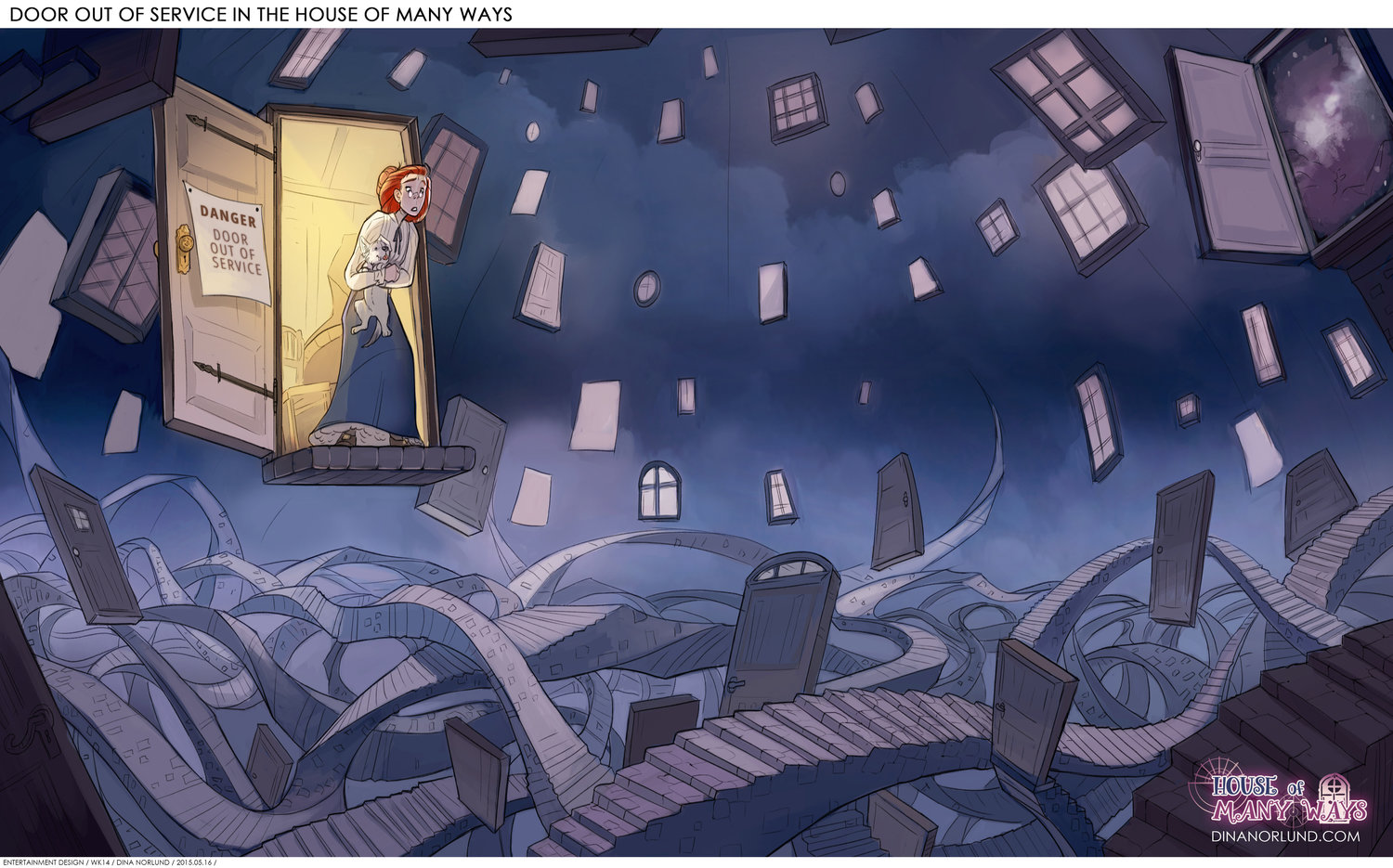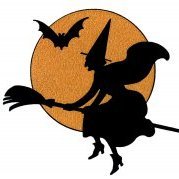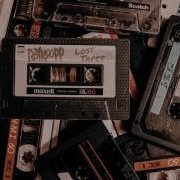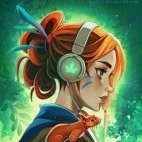-
Posts
1330 -
Joined
-
Last visited
Trutharchivist's Achievements
699
Reputation
Single Status Update
See all updates by Trutharchivist
-
On Spoilers, Expectations, First Experiances and Questions
Another thing that probably belongs in my blog! But, since I still should work on the second installment in my historical essay, and since I'm not really sure who reads my blog, I'm going to post it here. Anyway, to the topic at hand.
After watching Brandon's book club video (it was nice, if you've read Tress watching it is probably a good idea), I went on to check out the chunnels of the Youtubers I didn't know who were there. Well, one of them - Bookborn. So I watched her video about spoilers, and being me I decided to write my opinion here instead of on YouTube. But, let's be fair - the YouTube comment section isn't that much discussion friendly. Then again, considering the reactions my longer status updates get here... But I digress. Topic at hand.
In the video, Bookborn talked about researches done on spoilers and their effect on the enjoyment of books. Long story short - they aren't as bad as people assume, the worst kind of spoilers are of jokes probably, and in general they're pretty much a new thing. What really caught my attention was when she talked about introducing her son to Star Wars and Harry Potter - that she thinks now that maybe she was trying to get him to replicate her own experiences - and since I considered similar things, it made me think of some odd plans I had.
Now, since there's a slight chance my sisters are reading this, I'm going to be forefront about it: I'm not very good with avoiding spoilers. I've read the Wikipedia article on Mistborn long before I've read the books themselves - same as with another book I count as my favorite, the Last Unicorn. I went and read the final pages of some books when I was worried about what was going to happen next (strangely, at the first time I've read Alcatraz I didn't do it. I did the second time - and chuckled at what I've found). I clearly remember asking my brother what happened at the end of a movie I thought he saw before I did (he didn't. He also lied to me about the ending, and I still remember that). My oldest brother has long despared of me not reading about things in Wikipedia. And yet, the position I'm about to make is pro hiding spoilers. Why is that, then?
Well, that's where the First Experiences thing comes in. You see, I can't recall the first time I've read Harry Potter. Or Lord of the Rings, or the Hobbit, or most every book. My first experience with Mistborn was damaged due to me having had it spoiled to me. I'm not sure about the Last Unicorn, but maybe that, too. So, if I'll ever be able to convince any child of mine to read Harry Potter or the Lord of the Rings, I want them to have this first experience. I want to see how they react to it. And that kind of leads me to another topic I think is related - if you disagree, do tell me. As a matter of fact, if you have anything to say on this topic please say it. I kind of prefer comments to upvotes, if you'll excuse me. And getting free from my eternal servitude under Kell due to this essay without it starting any discussion could feel a bit empty.
Anyway, my next point is the problem of kindergarten teachers' stories - it's a bit of a Jewish problem, but perhaps some gentiles can relate to it. The thing is, every Jewish child is taught the stories of the Torah at Kindergarten. This way, every Jewish child grows up knowing the story of how Abraham has shattered his father's idols after learning by himself that there was just one G-d, how he was brought before king Nimrod for that and was thrown to the furnace as punishment, how he miraculously survived that and run from Ur to Haran and then to Kenaan. And that's great that they know the story, if it wasn't for one, simple fact: none of it is written in the Bible. In the book of Genesis, Abraham is introduced as the son of Terah - and that's mostly it. We're not told much about either him or Nimrod. For all it's worth, Abraham - in his early name Avram - is first shown directly in a story when G-d tells him to go to a land He shall show him. We are given zero explanation in the text to why G-d chose him - which makes us ask this question: who was this Avram? Why does G-d promise him so much things?
The sages answer those questions with the stories I've wrote above, and Kindergarten teachers are glad to pass them onward. But in my opinion, this spoils their future studies. The study of the bible is all about asking questions. We Jews have a holiday that has - as a pretty essential part of it - children asking questions. And I think it important that, in order for them to do so, we mustn't preemtively answer these questions. You wonder who Avram was? Good. You wonder why the heck we stop eating bread for an entire week? Great! You wonder how the first verse of the Torah actually works, at the beginning of what did G-d create the Heavens and the Earth? Well, you're probably just like me, obssessed with syntax, but this question is good, too.
Now, you don't study books that are for reading. Asking questions about them isn't an essential part of the enjoyment of reading. In short, this isn't really that much applicable outside of the context of Jewish religious studies - or, quite possibly, studies in general. But still, part of the first experience of a book is asking questions about what comes next, and knowing the answer beforehand can, I think, stunt that ability. I obviously see questioning as very important - I chose it as my Ookla name for that reason.
Now, there's still the problem of some questions I myself should ask and still don't. sometimes, they just never crossed my mind. Sometimes I might preemptively think I know the answer, which is just as bad, and worse still - I might be willfully ignoring questions due to them not fitting with my worldviews. But I think I should try and face them - every one of them. I actually see this as my biggest weakness in studying - I all too often assume I know the answer to a question, so I don't bother asking it and seeing where it may lead.
Hopefully, I inspired questions in you - and discussions. Either way, thank you for reading, and have a good day!


.thumb.png.5afeb53c24c681e1d35e3f8ba62a6319.png)










